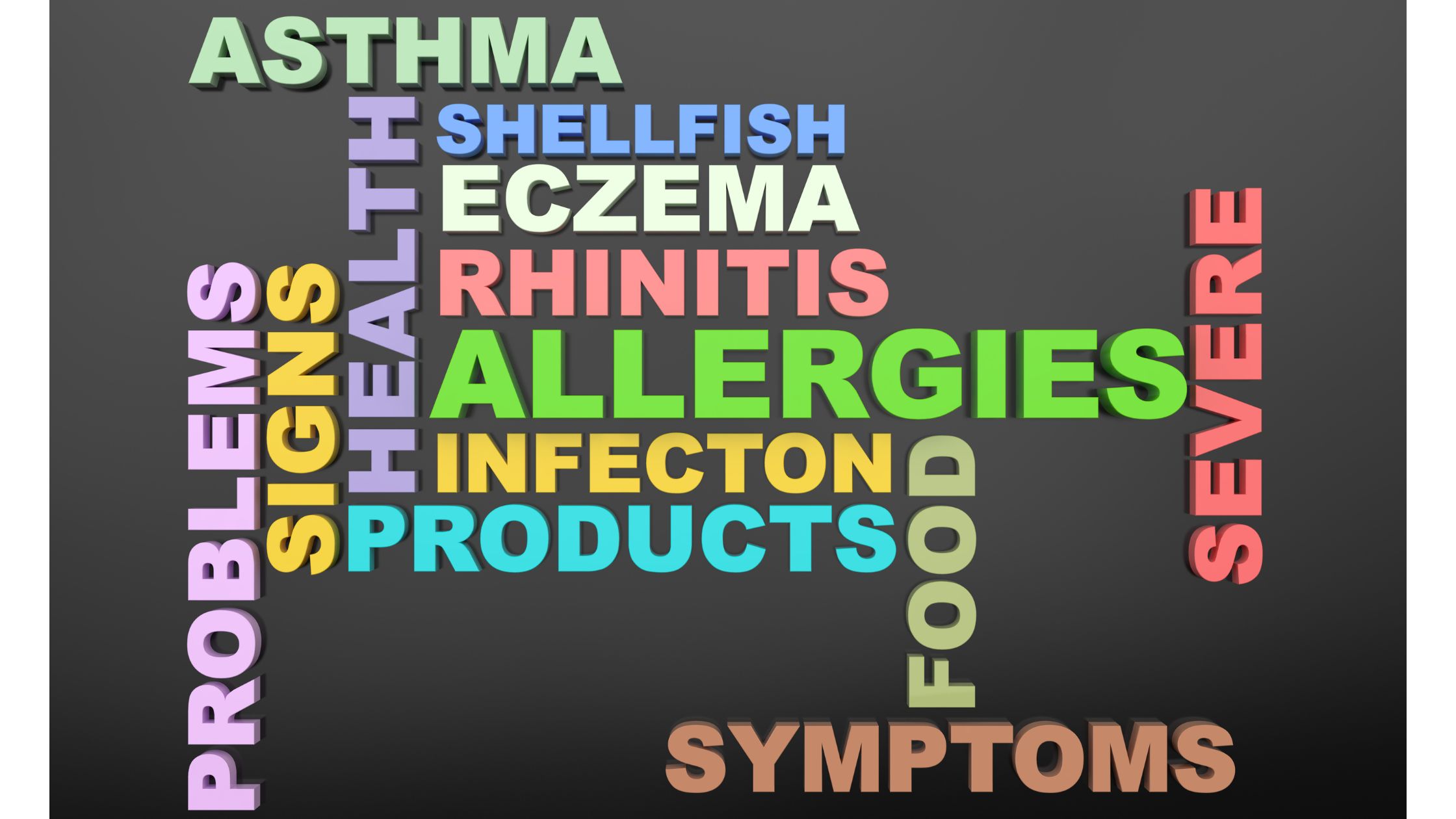Asthma: A Comprehensive Guide
Asthma is a chronic respiratory condition characterized by inflammation and narrowing of the airways, making it difficult to breathe. It’s a prevalent condition affecting millions worldwide, with significant impacts on individuals, families, and society at large.
Definition
Asthma is defined as a chronic lung disease that inflames and narrows the airways, causing recurring periods of wheezing, chest tightness, shortness of breath, and coughing, particularly at night or early in the morning.
Prevalence
Globally, asthma affects over 300 million people. In the United States alone, approximately 25 million individuals are living with asthma. The prevalence varies regionally, often higher in urban areas compared to rural settings due to pollution and other environmental factors.
Impact
Asthma significantly affects individuals’ daily lives, limiting physical activity and affecting work and school performance. Families often experience stress and financial burdens due to medical costs. Societally, asthma leads to substantial healthcare expenses and lost productivity.
Types of Asthma
Allergic Asthma
Allergic asthma is triggered by exposure to allergens such as pollen, dust mites, mold, and pet dander. It’s often associated with other allergic conditions like hay fever and eczema.
Non-Allergic Asthma
Non-allergic asthma is triggered by factors unrelated to allergens, such as exercise, cold air, stress, and respiratory infections. This type can be more challenging to manage as the triggers are less predictable.
Occupational Asthma
Occupational asthma is caused by exposure to irritants in the workplace, such as chemicals, dust, or fumes. It’s important to identify and mitigate these triggers to manage the condition effectively.
Symptoms of Asthma
Common Symptoms
- Wheezing
- Coughing
- Shortness of breath
- Chest tightness
Severe Symptoms
- Difficulty breathing
- Rapid heartbeat
- Bluish lips or face, indicating a lack of oxygen
Triggers of Asthma Attacks
Allergens
- Pollen
- Dust mites
- Mold
- Pet dander
Irritants
- Smoke (tobacco or wood)
- Air pollution
- Strong odors (perfumes, cleaning products)
Other Factors
- Cold air
- Physical exercise
- Stress
- Respiratory infections
Diagnosis of Asthma
Medical History
A thorough review of symptoms and potential triggers is essential. Doctors will inquire about family history and any previous respiratory issues.
Physical Exam
Lung function tests, such as spirometry, measure the amount of air you can inhale and exhale and how quickly you can expel air from your lungs. These tests help determine the severity of asthma.
Allergy Testing
Allergy testing, including skin prick tests or blood tests, can identify specific allergens that may trigger asthma symptoms.
Treatment of Asthma
Medication
- Bronchodilators: These medications relax the muscles around the airways.
- Corticosteroids: These reduce inflammation in the airways.
- Leukotriene Modifiers: These block chemicals that cause airway inflammation.
Lifestyle Changes
- Avoiding known triggers
- Managing stress through relaxation techniques
- Regular exercise to strengthen the respiratory system (with appropriate precautions)
Emergency Treatment
Inhalers, oral steroids, and emergency room visits are necessary for severe asthma attacks to quickly open airways and reduce inflammation.
Asthma and Children

Childhood Asthma
Asthma is one of the most common chronic conditions in children. It requires careful management to avoid disruptions in their daily activities and development.
Management Strategies
- School accommodations to ensure a safe environment
- Preventive measures like regular medication and avoiding known triggers
Impact on Education and Development
Asthma can affect academic performance due to frequent absences and limitations in physical activities, potentially impacting social interactions and development.
Asthma and Adults
Adult-Onset Asthma
Asthma can develop at any age, and adult-onset asthma can be triggered by allergens, infections, or occupational exposures.
Treatment Options
- Medication to control symptoms and prevent attacks
- Lifestyle modifications to avoid triggers and maintain overall health
Impact on Quality of Life
Asthma affects work performance, relationships, and general well-being. Proper management is crucial for maintaining a good quality of life.
Asthma and the Elderly
Age-Related Changes
The elderly are at an increased risk of asthma attacks and complications due to age-related changes in lung function and the presence of other health conditions.
Management Considerations
Medication adjustments and preventive care are essential to manage asthma effectively in older adults.
Impact on Aging
Asthma can affect mobility and independence, making it crucial to manage the condition to maintain quality of life in older age.
Asthma and Comorbidities
Coexisting Conditions
Asthma often coexists with conditions like cardiovascular disease, obesity, and mental health disorders.
Management Strategies
An integrated approach is necessary to address multiple health issues and prevent complications.
Impact on Overall Health
Managing asthma alongside other conditions can be challenging but is essential for preventing severe health issues and maintaining overall well-being.
Asthma and Environmental Factors
Air Pollution
Exposure to air pollution can increase the prevalence and severity of asthma. Reducing pollution levels is crucial for asthma management.
Climate Change
Climate change affects allergen levels and can exacerbate asthma symptoms and triggers.
Environmental Justice
Disparities exist in asthma burden and access to care, often affecting low-income and minority communities more severely.
Research and Future Directions
Ongoing Research
Research is continuously advancing in the areas of diagnosis, treatment, and prevention of asthma.
Emerging Therapies
Novel medications and technologies are being developed to improve asthma management and patient outcomes.
Global Health Initiatives
Efforts to improve asthma care worldwide are ongoing, aiming to reduce the global burden of the disease and improve the quality of life for those affected.

